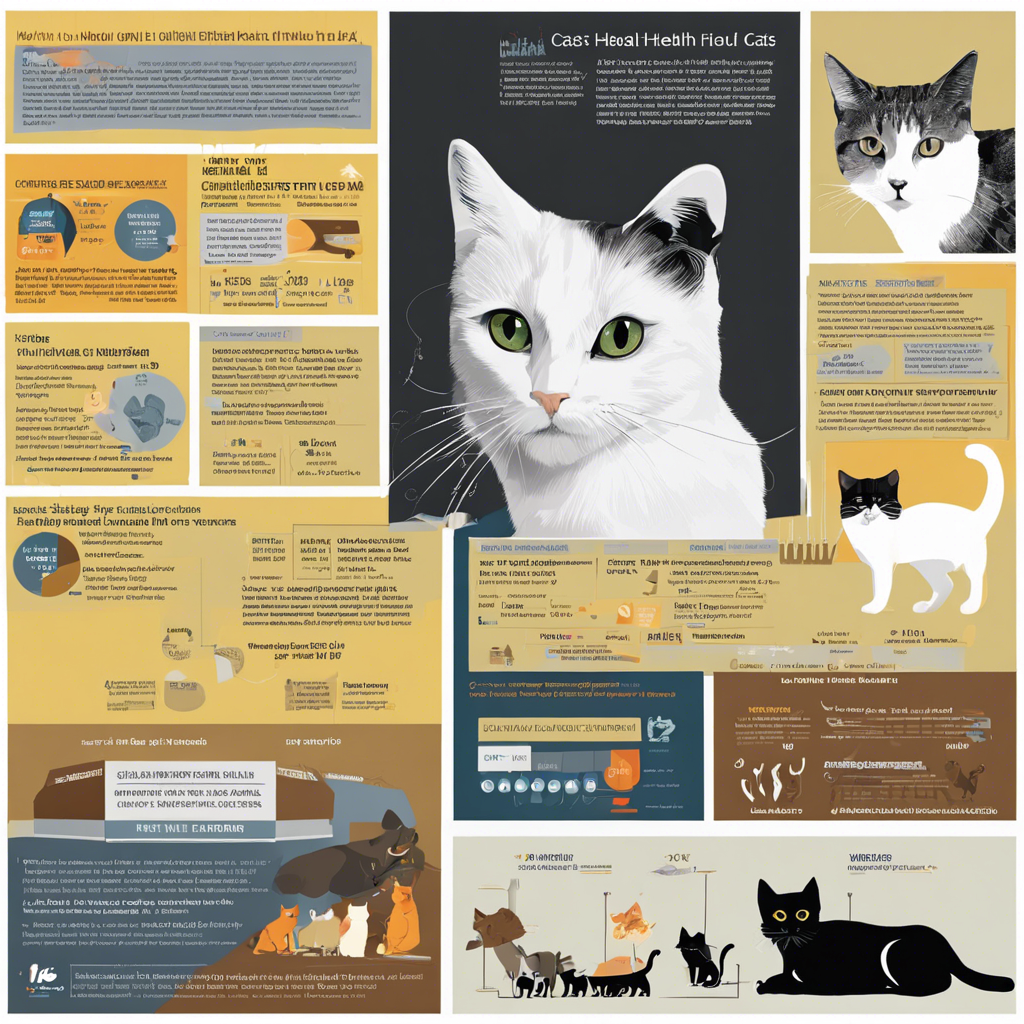The adorable and enigmatic cat has captivated humans for millennia, becoming one of the world’s most beloved pets. However, behind their captivating charm lies a darker truth: a myriad of genetic health issues that can cause suffering for both cats and their owners. Responsible breeding practices that prioritize genetic health are vital to improving the well-being of our feline friends and extending their lifespan.
Breeding cats with an emphasis on genetic health is a practice that deserves greater attention and support. By carefully selecting parent cats with strong genetic profiles, responsible breeders can produce litters that are less likely to inherit detrimental health conditions. This proactive approach addresses potential issues before they become problems, reducing the physical and financial burden on owners and, most importantly, enhancing the overall well-being of cats.
Genetic health in cats encompasses a wide range of considerations. One key aspect is the prevention of hereditary diseases, such as polycystic kidney disease (PKD), which causes kidney failure and has a devastating impact on a cat’s quality of life. Through selective breeding, cats carrying the PKD gene can be identified, and steps can be taken to prevent the passage of this harmful gene to future generations.
Additionally, breeders can focus on maintaining the genetic diversity of a cat population. Inbreeding, a common practice in the pursuit of specific physical characteristics, can have detrimental effects on genetic health, increasing the likelihood of inherited disorders. By encouraging diversity, breeders can maintain the overall health of the gene pool, reducing the prevalence of genetic issues.
Reputable breeders also work to enhance the natural strengths of different breeds. For instance, the Bengal cat, known for its striking coat and energetic nature, benefits from breeding that highlights its unique attributes, while also ensuring the cats possess robust genetic health. This approach celebrates the diverse beauty and personalities of different cat breeds while prioritizing their long-term health.
Furthermore, ethical breeders provide comprehensive support to new owners, offering education on genetic health considerations specific to their chosen breed. This empowers owners to make informed decisions and provides them with the knowledge to recognize potential health issues early on. It also encourages a proactive approach to veterinary care, ensuring cats receive timely interventions when needed.
Breeding for genetic health extends beyond physical considerations. Mental health is equally important, and breeders play a crucial role in producing cats with sound temperaments. By selecting parent cats with friendly and well-adjusted dispositions, breeders can reduce the likelihood of behavioral issues in future generations, ensuring cats are well-suited to thrive in a variety of home environments.
The responsibility doesn’t end with breeders. Veterinary professionals also have a vital role to play in promoting genetic health. Through early identification of potential genetic issues and proactive health management, veterinarians can provide invaluable support to breeders and owners alike, helping to maximize the health and longevity of cats.
Finally, public awareness is key. As prospective cat owners, we must educate ourselves about the genetic considerations of different breeds and support responsible breeding practices. By prioritizing genetic health, we can make informed choices that contribute to the overall wellness of the cat population and ensure the long-term health and happiness of our beloved feline companions.
Together, through ethical breeding practices, veterinary support, and public awareness, we can make significant strides in improving the genetic health of cats, giving them the long and healthy lives they deserve.

